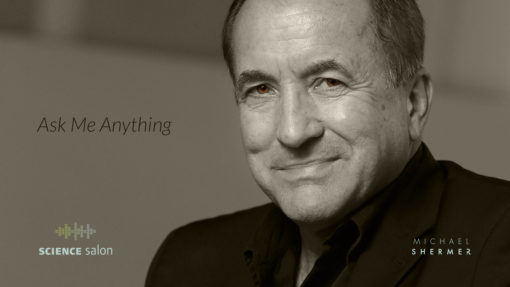naturalism

In this AMA special, Dr. Michael Shermer conducts a postmortem on his debate with the evangelical Christian theologian Luuk van de Weghe, elaborating on his notes from the debate, and suggesting ways to think about miracles from a scientific or naturalistic perspective.
In this week’s eSkeptic, we present Michael Shermer’s article, “Scientific Naturalism: A Manifesto for Enlightenment Humanism,” from Theology and Science, 1 June, 2017.
Evil is a high hurdle for theists. Given the savagery of moral evil (what humans do to humans) and the horrors of natural evil (earthquakes, tsunamis, disease), how could an all-powerful and all-good God exist? Philosophers offer defenses (evil and God do not contradict) and theodicies (reasons why God allows evil). The problem is the sheer amount of evil. Robert Lawrence Kuhn interviews Michael Shermer, for CloserToTruth.com.
All scientists are naturalists, taking for granted that we live, experiment and study nature in a closed universe where God never intervenes. This is a first principle of science. But Alvin Plantinga says that there is deep conflict between naturalism and science but deep concord between theism and science. In this week’s eSkeptic, William S. Moore reviews Plantinga’s Where the Conflict Really Lies: Science, Religion, and Naturalism.
In this week’s eSkeptic, Tim Callahan reviews Alvin Plantinga’s Where the Conflict Really Lies: Science, Religion, and Naturalism (2011, Oxford University Press).









